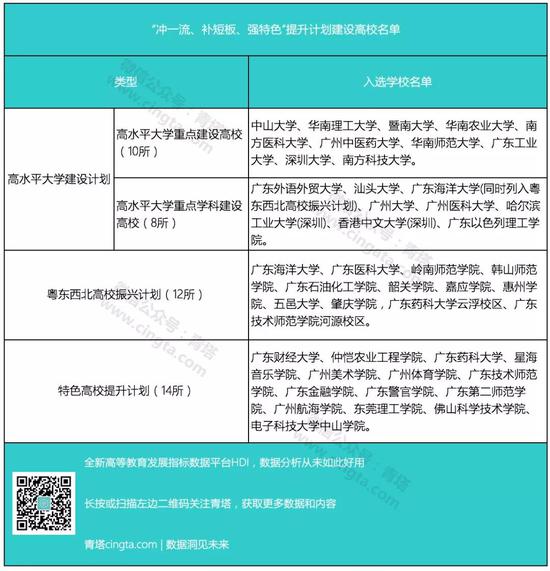paradox
隽语
这是一种貌似矛盾,但包含一定哲理的意味深长的说法,是一种矛盾修辞法。
例如:
1、 More haste, less speed。
欲速则不达。
2、 The child is the father of a man。
儿童是成人致富。(来自于英国诗人Wordsworth的诗《My heart leaps up我心雀跃》)
euphemism 委婉,婉辞法
婉辞法指用委婉、文雅的方法表达粗恶、避讳的话。
例如:
1. He is out visiting the necessary.
他出去方便一下。
2. His relation with his wife has not been fortunate.
他与妻子关系不融洽。
personification 拟人
拟人是把生命赋予无生命的事物。
例如:
1. The night gently lays her hand at our fevered heads. 夜晚温柔地平复着我们狂热的头脑。
2. I was very happy and could hear the birds singing in the woods. 我很开心,似乎听到了林中唱歌的鸟儿。
讽喻、比方
这是一种源于希腊文的修辞法,意为“换个方式的说法”。它是一种形象的描述,具有双重性,表层含义与真正意味的是两回事。
例如:
1、 Make the hay while the sun shines。
良机勿失。(在有太阳的时候晒草--制作饲料的干草)
2、 It‘s time to turn plough into sword。
到了该努力的时候了。
antithesis
对照、对比、对偶
这种修辞指将意义完全相反的语句排在一起对比的一种修辞方法。
例如:
1、 Not that I love Caesar less, but I love Rome more。
不是我不喜欢凯撒,而是我更喜欢罗马。(莎士比亚《凯撒大帝》中普鲁斯特的名言)
2、 You are staying; I am going。
你留,我走。
3、 Give me liberty, or give me death。
要么给我自由,要么让我死。









